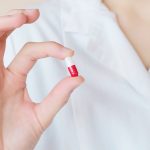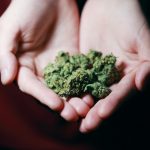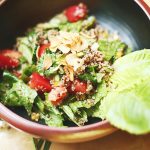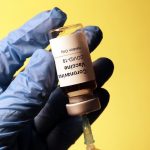This cancer drug may reduce toxicity of COVID-19 virus
In a new study, researchers identified the most toxic proteins made by SARS-COV-2—the virus that causes COVID-19—and then used an FDA-approved cancer drug selinexor...
Cannabis-based medicine may not treat chronic pain effectively, study finds
In a new review study, researchers examined the safety and efficacy of cannabinoids when used to treat pain, including chronic pain in children and...
These vitamins may help prevent Parkinson’s disease
Parkinson’s disease is a movement disorder. It gradually reduces dopamine, a chemical in the brain, affecting speech, walking and balance.
The causes aren’t known, and...
This diet may reduce non-alcoholic fatty liver disease by 50%
Non-alcoholic fatty liver disease affects 25% to 30% of people in the United States and Europe.
While some fat is normal in the liver, excessive...
Calming us down or revving us up, music can be good for the heart
Stuck in traffic, with a nasty storm making a stressful commute even worse, Joanne Loewy reached for the car radio.
"I felt my heartbeat rise,"...
This stuff in popular foods may harm your immune system
In a new study, researchers found that a food preservative used to prolong the shelf life of Pop-Tarts, Rice Krispies Treats, Cheez-Its and almost...
COVID vaccines and breast cancer screening: What you need to know
The foremost network of cancer centers in the United States is recommending that people wait to get certain imaging such as mammograms until four...
Eating out too much linked to higher risk of early death
In a new study, researchers found that eating out very frequently is strongly linked to an increased risk of all-cause death.
The research was conducted...
Many people with mild COVID-19 show cognitive problems
In a new study, researchers found more evidence of cognitive dysfunction in many "long haul," non-hospitalized COVID-19 patients.
The research was conducted by a team...
New COVID vaccines may offer broad protection from coronaviruses
In a new study, researchers developed a COVID-19 vaccine that could provide protection against both existing and future strains of the COVID-19 virus, and...










